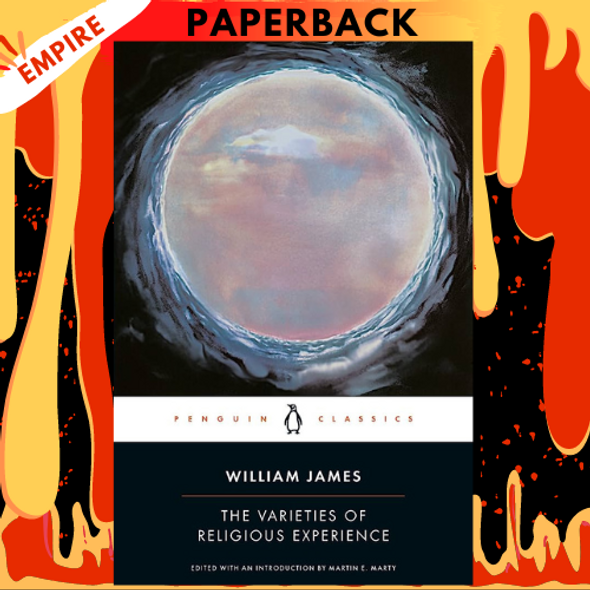Description
'By their fruits ye shall know them, not by their roots.'
The Varieties of Religious Experience (1902) is William James's classic survey of religious belief in its most personal, and often its most heterodox, aspects. Asking questions such as how we define evil to ourselves, the difference between a healthy and a divided mind, the value of saintly behaviour, and what animates and characterizes the mental landscape of sudden conversion, James's masterpiece stands at a unique moment in the relationship between belief and culture. Faith in
institutional religion and dogmatic theology was fading away, and the search for an authentic religion rooted in personality and subjectivity was a project conducted as an urgent necessity. With psychological insight, philosophical rigour, and a determination not to jump to the conclusion that in tracing
religion's mental causes we necessarily diminish its truth or value, in the Varieties James wrote a truly foundational text for modern belief.
Matthew Bradley's wide-ranging new edition examines the ideas that continue to fuel modern debates on atheism and faith.
Number of Pages: 576
Dimensions: 196 x 130 x 27mm
The Varieties of Religious Experience (1902) is William James's classic survey of religious belief in its most personal, and often its most heterodox, aspects. Asking questions such as how we define evil to ourselves, the difference between a healthy and a divided mind, the value of saintly behaviour, and what animates and characterizes the mental landscape of sudden conversion, James's masterpiece stands at a unique moment in the relationship between belief and culture. Faith in
institutional religion and dogmatic theology was fading away, and the search for an authentic religion rooted in personality and subjectivity was a project conducted as an urgent necessity. With psychological insight, philosophical rigour, and a determination not to jump to the conclusion that in tracing
religion's mental causes we necessarily diminish its truth or value, in the Varieties James wrote a truly foundational text for modern belief.
Matthew Bradley's wide-ranging new edition examines the ideas that continue to fuel modern debates on atheism and faith.
Number of Pages: 576
Dimensions: 196 x 130 x 27mm






